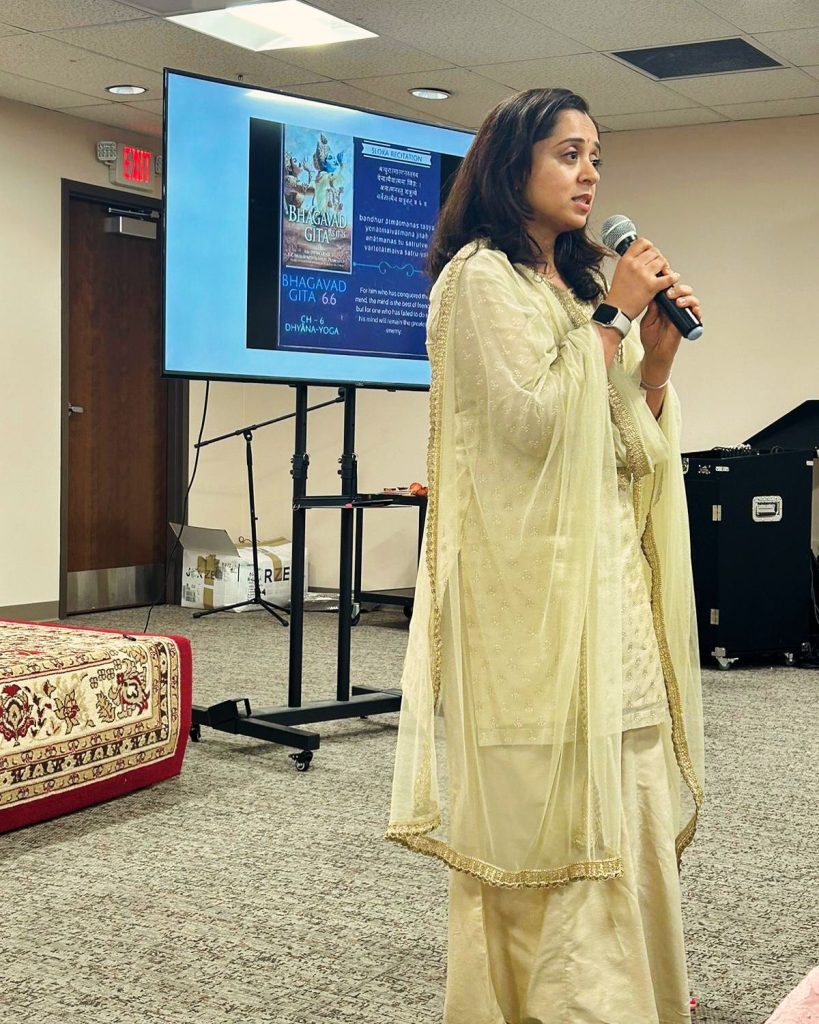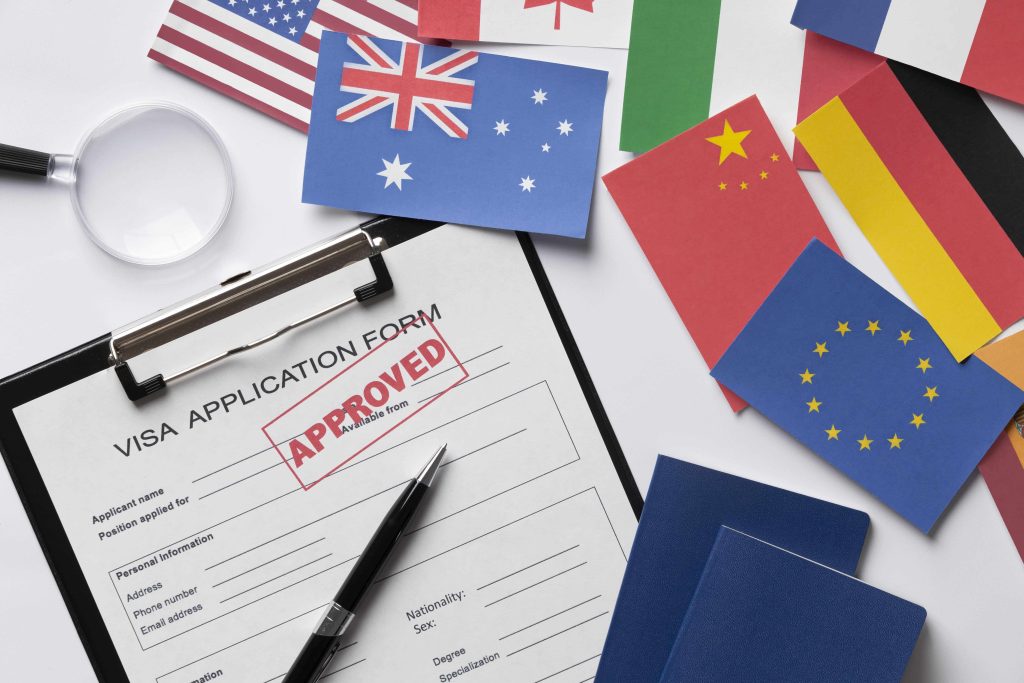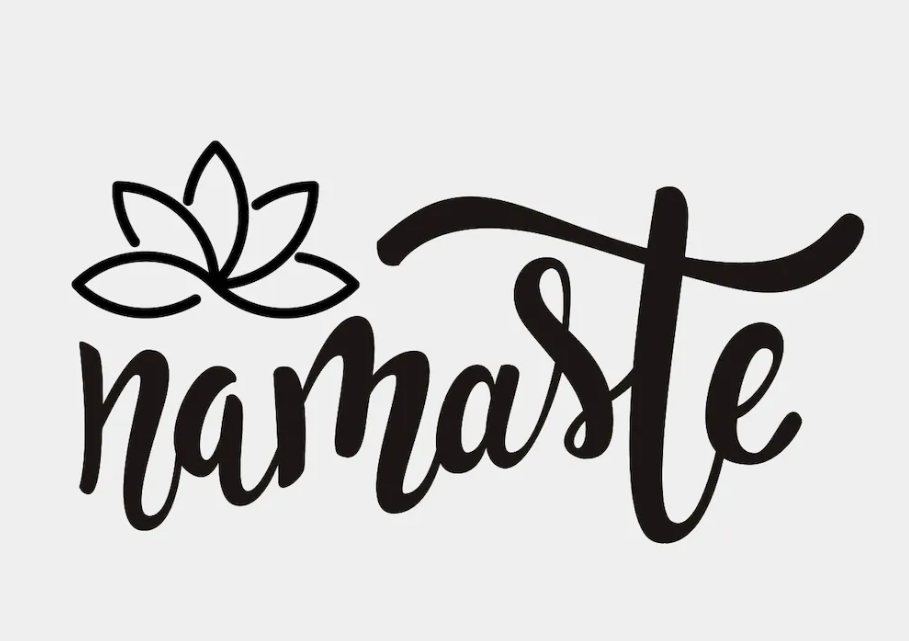

” Only if we become as informed as possible – about ourselves and those whom we perceive as different – will we be able to listen in a way that has the potential for surfacing our own cultural biases and recognizing the cultural narratives of the other. Learning about culture from one friend, one book, one client, one trip, gives us the possibility of hearing and seeing more at the next opportunity; it enriches our repertoire of good and important questions”. Dr. Derald Wing Sue
Are you navigating the complexities of cultural differences? Seeking a compassionate therapist who understands your unique journey? At Psychology and Beyond, we specialize in psychotherapy for international populations, drawing insights from evidence-based approaches related to cross-cultural counseling to ensure our approach is both effective and culturally relevant. Transitioning to a new culture can be overwhelming. We provide support to help you navigate feelings of displacement, homesickness, and the stress that often accompanies acculturation. Our strategies reflect the latest findings on the acculturation process, fostering resilience and adaptability while honoring your cultural identity. By adapting evidence-based treatments, we ensure that therapy resonates with your experiences, empowering you to engage fully in the healing process.
Discover and embrace the complexities of your multicultural identity. Guided by principles from cross-cultural counseling, we help you understand how your background shapes your worldview and build confidence in who you are. Cross-cultural relationships can present unique challenges. We offer tools and insights to improve communication and strengthen connections, drawing on culturally informed techniques that foster empathy and collaboration. Life in a new country can lead to increased stress and anxiety. Our tailored coping strategies consider cultural nuances, providing practical techniques to help you manage overwhelming feelings while respecting your unique context.


We believe that awareness of cultural diversity is essential in guiding our questioning and enhancing our self-reflexivity as therapists. Inspired by theorists like Falicov (1998) and the foundational work of Sue and Sue, we adopt a balanced approach that emphasizes cultural competence. Their emphasis on understanding the impact of cultural identity on behavior and mental health informs our practice, ensuring we are sensitive to the nuances of each individual’s experience. This both/and position allows us to:
Immigration evaluations are an important part of the immigration process, particularly when applying for visas, residency, asylum, or other legal status in a new country. These evaluations provide essential documentation of mental health or medical conditions that may affect your eligibility or need for special consideration. Therapy and psychological evaluations can offer insight into how an individual’s circumstances, such as trauma, mental health issues, or family dynamics, may impact their immigration case.
What to Expect in an Immigration Evaluation:


Psychological evaluations are often a vital component in immigration cases, particularly those involving trauma, mental health concerns, or emotional distress. These evaluations focus on assessing the psychological and emotional impact of experiences such as abuse, persecution, or long-term separation from family. Psychological evaluations are particularly helpful in:
Our psychological evaluations help illuminate how mental health conditions, like PTSD, depression, and anxiety, impact your ability to adjust to life in a new country. These evaluations provide invaluable documentation for your legal team to present to immigration authorities.


Extreme Hardship Evaluations are conducted for individuals applying for waivers under the I-601 (Application for Waiver of Grounds of Inadmissibility). In these cases, applicants must demonstrate that their inadmissibility to the U.S. would result in “extreme hardship” to their qualifying relatives. These evaluations examine:
These evaluations help build a compelling case by documenting the hardship an individual or family member would endure if the waiver is not granted, strengthening the chances of a favorable outcome.
VAWA case evaluations are crucial for individuals seeking immigration relief under the Violence Against Women Act (VAWA), which protects victims of domestic violence. These evaluations focus on assessing the psychological impact of abuse and the effects it has had on the applicant’s emotional and mental health. Key aspects of these evaluations include:
VAWA evaluations support applicants by providing detailed evidence of abuse and its lasting emotional effects, which can help ensure their eligibility for relief under the Act.

T and U visas are designated for individuals who are victims of human trafficking (T visa) or victims of certain crimes, including domestic violence, sexual assault, and other qualifying crimes (U visa). Evaluations for these visas help document the emotional and psychological impact of the victim’s experience, including:
These evaluations are a crucial part of demonstrating the severity of the trauma experienced and the individual’s eligibility for relief under T and U visa programs.

Our commitment to providing timely reports is essential to ensuring your case proceeds smoothly and efficiently. Immigration evaluations often have strict timelines, and we work closely with your legal team to ensure that the necessary evaluations and reports are provided on time. Whether you’re facing a pressing deadline or a complex legal issue, we are dedicated to delivering comprehensive, professionally written reports that meet the required standards for your case.


We understand that immigration cases often involve individuals from diverse cultural backgrounds, and it’s essential that the evaluation process respects and acknowledges these differences. Our culturally competent interview process is designed to ensure that:
By providing culturally sensitive evaluations, we ensure that your story is accurately represented, taking into account the nuances of your cultural experience.
We offer bilingual services in both Hindi and English to support clients who are more comfortable in these languages. The ability to communicate in your preferred language during the evaluation process is vital to ensuring that you feel heard and understood. Our bilingual staff and evaluators:

Welcome to Psychology and Beyond, LLC. Our core values include a celebration of diversity, a strength-based approach, and connectedness.
Seamlessly visualize quality intellectual capital without superior collaboration and idea sharing listically
© 2022 • Psychology and Beyond, LLC
Design and Developed by Algor Labs brand of Split Arts